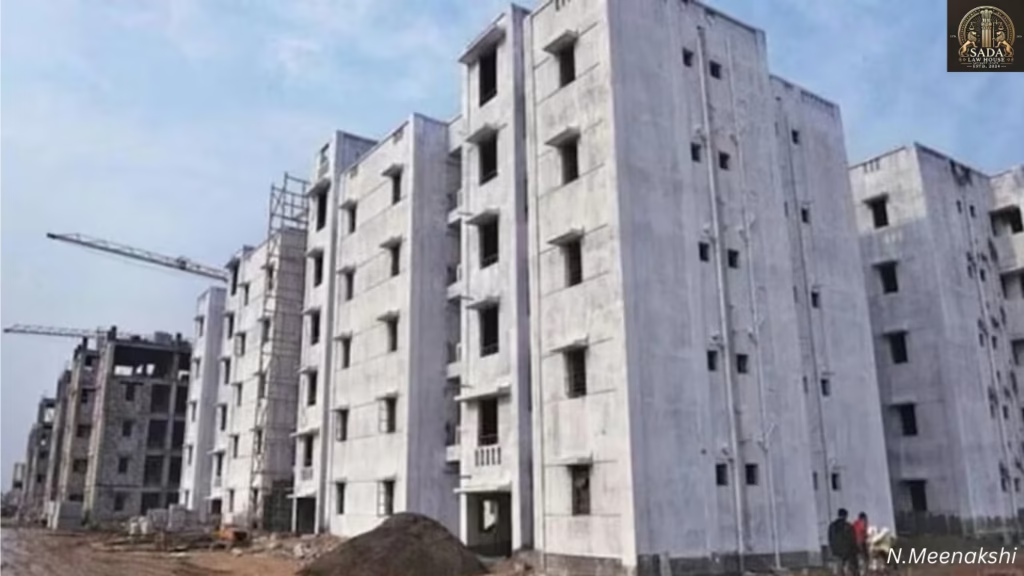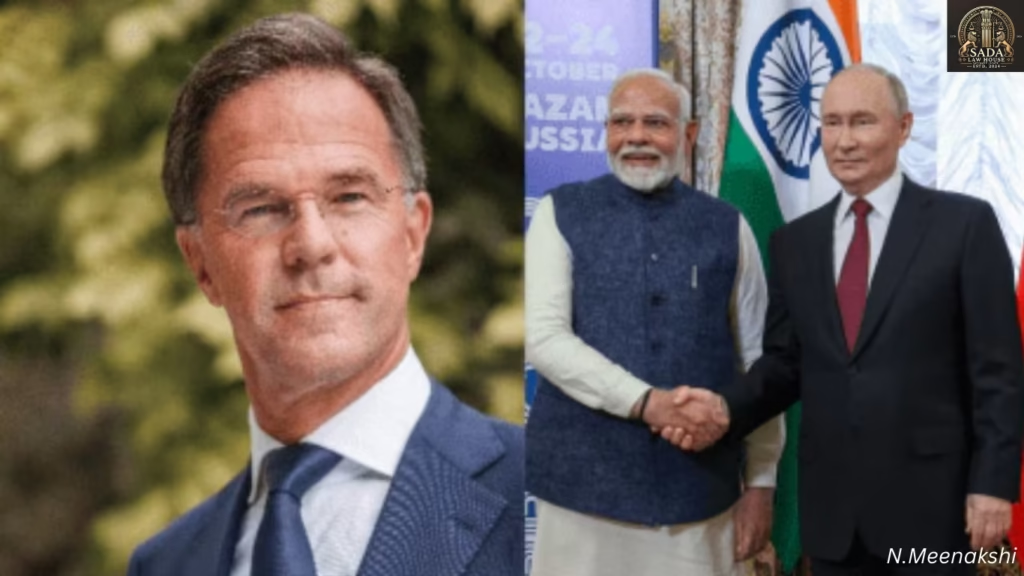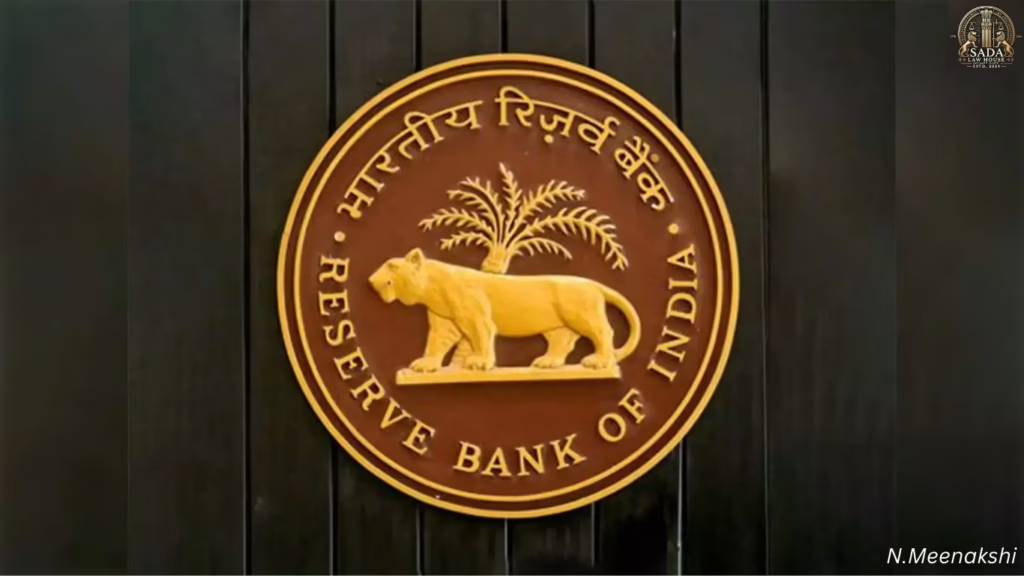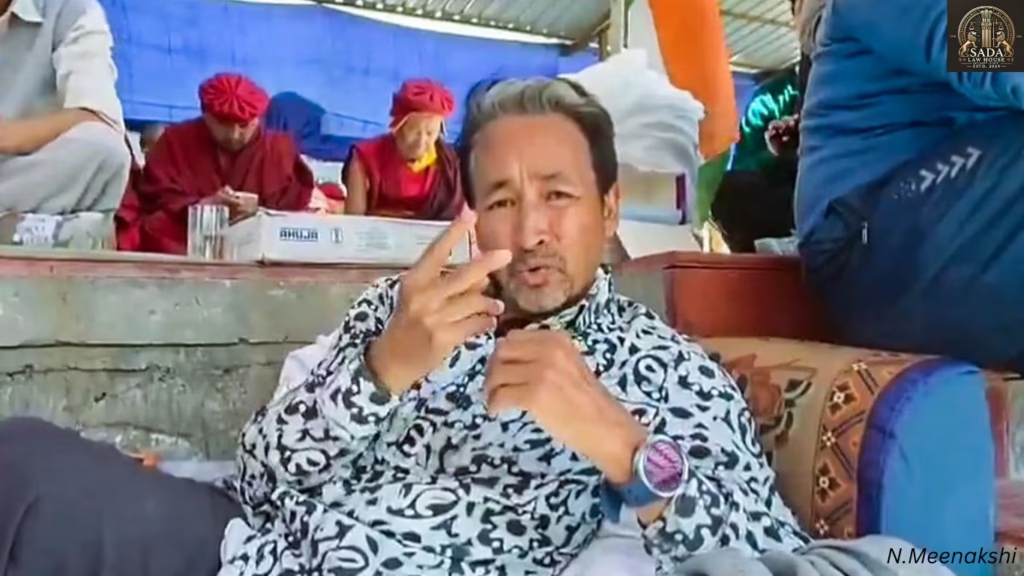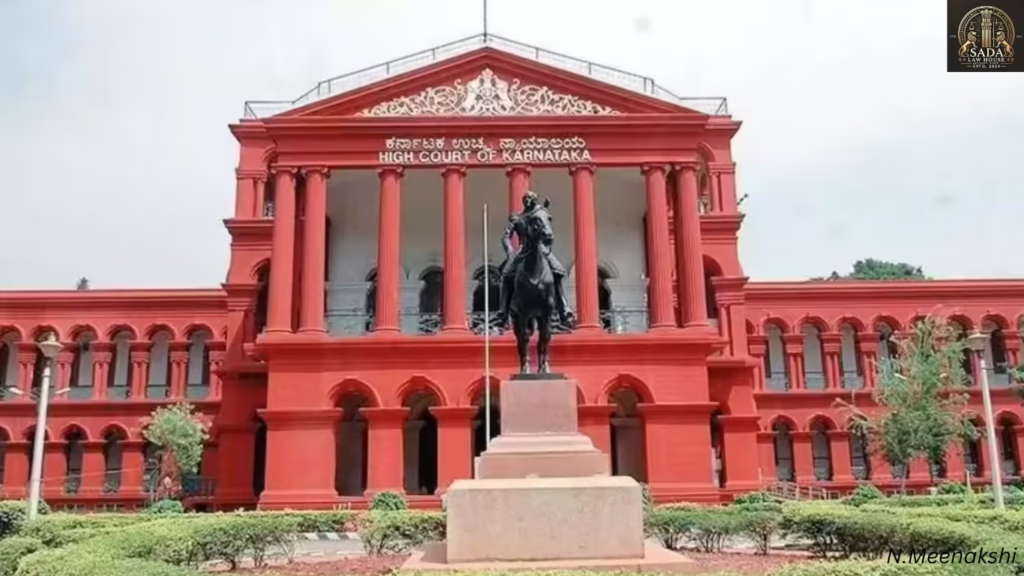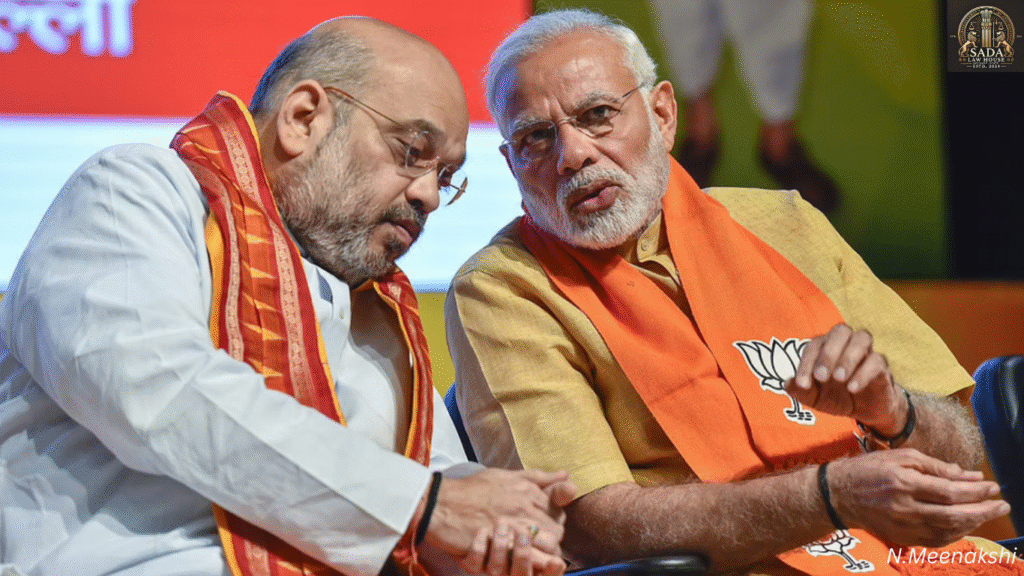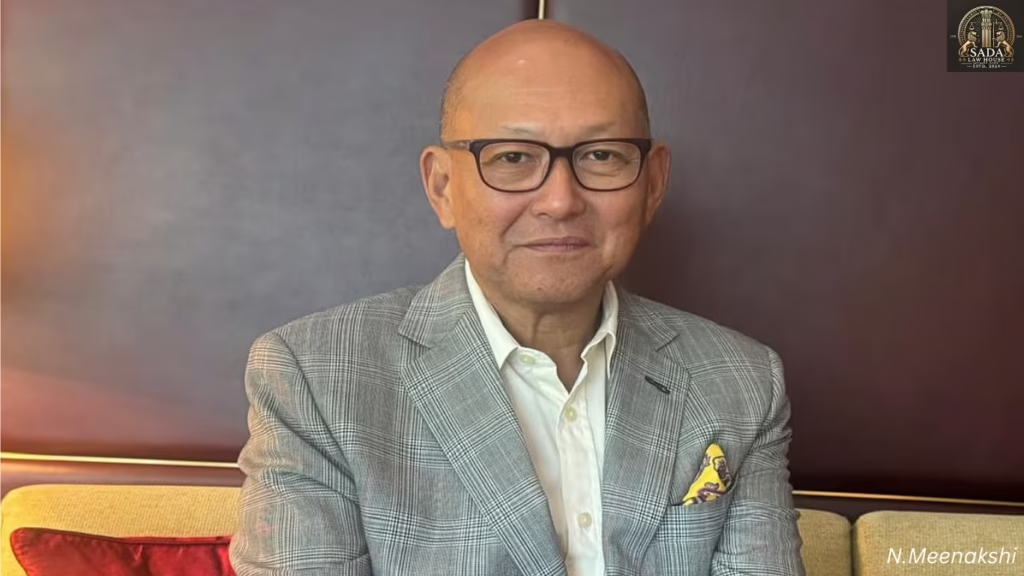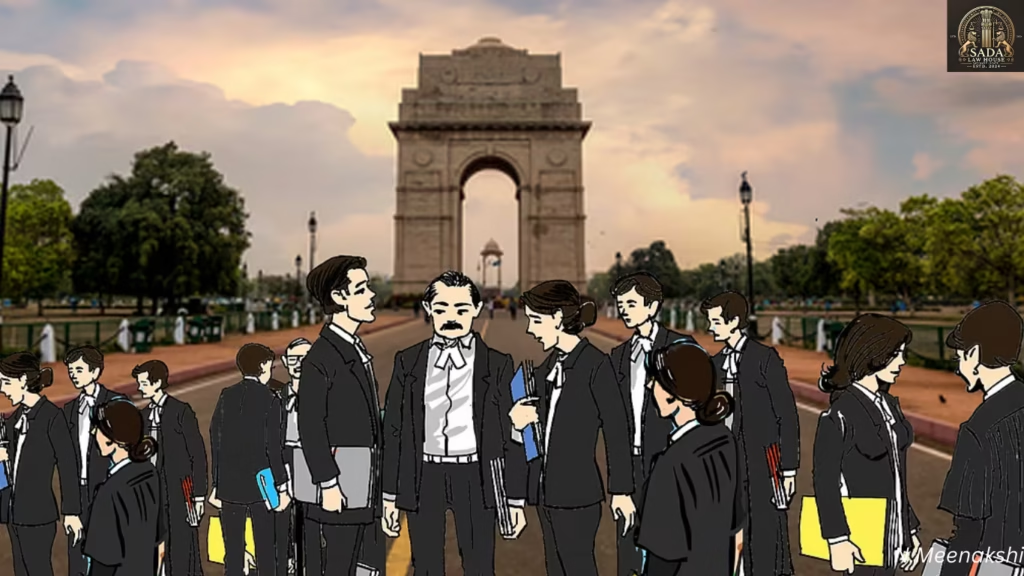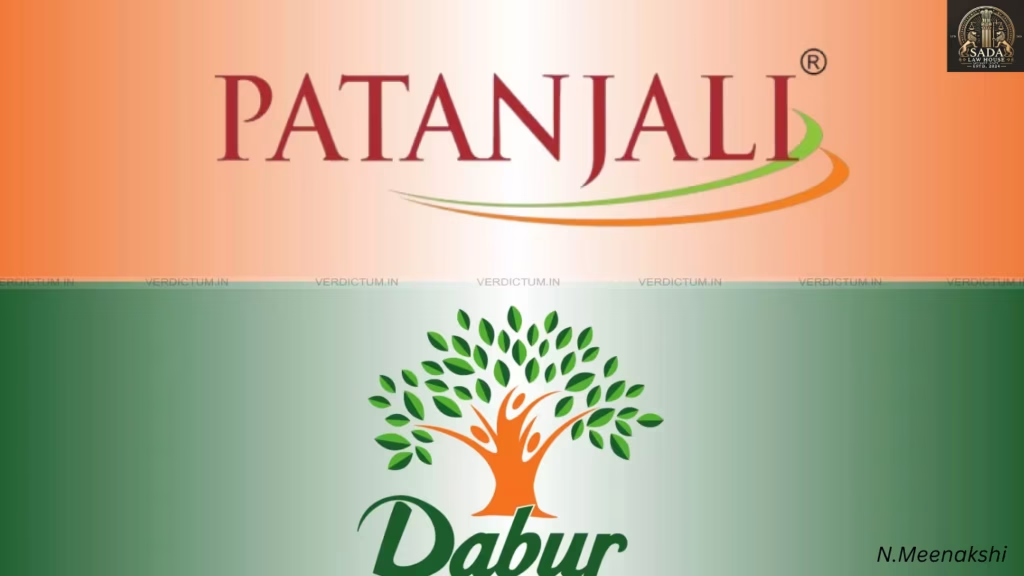PM Modi Launches National Urban Housing Mission 2.0: A Renewed Push for Affordable Housing Ahead of 2026 Elections
Trending Today PM Modi Launches National Urban Housing Mission 2.0: A Renewed Push for Affordable Housing Ahead of 2026 Elections MEA Rebuts NATO Chief’s Claim on Modi-Putin Call Over Ukraine, Tariffs Government Appoints Shirish Chandra Murmu as Deputy Governor of RBI: A Move Ahead of Critical Policy Review Sonam Wangchuk Arrested After Violent Ladakh Statehood Protests Determination of Control over Administrative Services between the Elected Delhi Government and the Union Government under Article 239AA Supreme Court Defines Status of Electricity Dues in Corporate Liquidation under IBC Shatrughan v. The State of Chhattisgarh – Acquittal on Grounds of Weak Circumstantial Evidence Maintainability of an Election Petition and the Need for Substantive Material Facts under the Representation of the People Act, 1951 Supreme Court Upholds NIA Probe in West Bengal Ram Navami Violence Cases Determination of Ownership Rights in Adverse Possession: Gostho Behari Das v. Dipak Kumar Sanyal & Ors. (2023) PM Modi Launches National Urban Housing Mission 2.0: A Renewed Push for Affordable Housing Ahead of 2026 Elections Shristi Singh 30 September 2025 Introduction Prime Minister Narendra Modi launched the National Urban Housing Mission 2.0 (NUHM 2.0) on Sunday, aiming to provide affordable housing solutions for India’s growing urban population. With a target of 30 million homes by 2030, the initiative is positioned as both a welfare policy and an economic booster ahead of the 2026 general elections. Background The mission builds on the Pradhan Mantri Awas Yojana (PMAY-Urban), which began in 2015 with the goal of “Housing for All” by 2022. While it sanctioned nearly 12 million homes, execution challenges persisted, including funding gaps, delays, and land constraints. With urbanization projected to reach 40% by 2030, NUHM 2.0 represents a strategic expansion, integrating sustainability, technology, and private sector participation into the housing framework. Key Developments Target of 30 million homes by 2030 across metros, tier-2, and tier-3 towns. Expanded Credit-Linked Subsidy Scheme (CLSS): Cheaper home loans for middle-income groups. Green Housing: Energy-efficient designs, solar integration, and rainwater harvesting. PPP Model: Incentives for private developers to deliver low-cost urban housing. Digital Land Records: Nationwide digitization to streamline approvals and reduce disputes. Budget: Initial allocation of ₹1.5 lakh crore for the first five years, with special infrastructure funds for states. At the Vigyan Bhawan launch, PM Modi emphasized that housing provides not just shelter but “dignity, security, and empowerment.” Finance Minister Nirmala Sitharaman underlined the scheme’s role in stimulating economic growth while supporting social inclusion. Issues Land acquisition challenges in high-cost urban centers. Funding requirements: Analysts estimate total costs may exceed ₹10 lakh crore. Implementation bottlenecks: Past delays under PMAY fuel skepticism. Opposition criticism: Congress and others argue NUHM 2.0 risks becoming a political showcase without strong execution. Current Status The scheme has been officially launched, with immediate focus on state-level collaboration and private developer participation. Market reactions were positive, with housing sector stocks and cement companies gaining. Opposition parties, however, have demanded accountability on pending PMAY projects before new commitments are made. Conclusion NUHM 2.0 is more than just a housing program—it is a political, social, and economic statement ahead of 2026. If implemented effectively, it could address urban housing shortages, create jobs, stimulate multiple industries, and contribute to India’s climate commitments. However, success will depend on overcoming land, funding, and coordination hurdles. Leave a Reply Cancel Reply Logged in as Sada Law. Edit your profile. Log out? Required fields are marked * Message* Live Cases PM Modi Launches National Urban Housing Mission 2.0: A Renewed Push for Affordable Housing Ahead of 2026 Elections Sada Law • September 30, 2025 • Live cases • No Comments MEA Rebuts NATO Chief’s Claim on Modi-Putin Call Over Ukraine, Tariffs Sada Law • September 30, 2025 • Live cases • No Comments Government Appoints Shirish Chandra Murmu as Deputy Governor of RBI: A Move Ahead of Critical Policy Review Sada Law • September 30, 2025 • Live cases • No Comments 1 2 3 … 5 Next »

